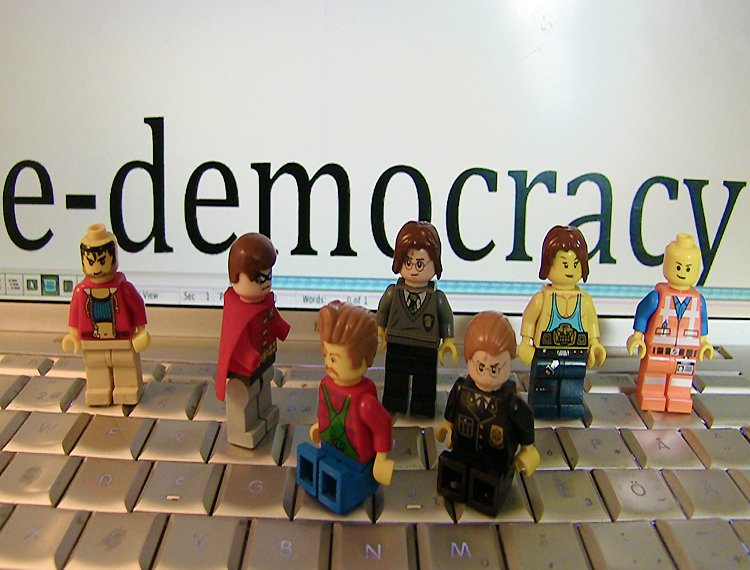More and more commonly business leaders are being told or coming to the awareness that customer relationship management is critical to the ongoing success of their organisations. This is particularly true with regard to social media, and in fact social media has transformed the ways in which businesses and customers interact with one another. The end result of this has been that managing relationships with customers has become a key feature of social media activities for businesses.
Brian Solis is a Principal Analyst at the Altimeter Group and the author of What’s the Future of Business or WTF for short. He is also a LinkedIn Influencer and knows his stuff as far as social media and customer relationships are concerned. Brian describes the importance of relationship economics for businesses and explains that relationship economics may be defined as:
“How genuine communication and engagement in social media helps businesses improve relationships with employees and customers while also improving the bottom line”.
Solis goes on to explain that using social media to enhance customer relationships is one of the most underutilised benefits of social media. He explains that one of the greatest advantages of social media to businesses is that it gives them a “voice and persona”. This allows businesses in the eyes of Solis to be able to empathise and develop communities where people belong and do things together that actually matter. Some companies are doing particularly well at this and have really embraced the opportunities that social media bring to be able to truly engage with the customer. It may not surprise you at all to know that Facebook, Google and LinkedIn appear on that list. It would be rather disappointing for them if they did not. However there are some other organisations that are also doing extremely well in this area. These include Cisco, The Wall Street Journal, Gartner, Bloomberg and Michael Page International. All of these companies were deemed by Altimeter and LinkedIn research to have really shown that they can use social media to increase their engagement with customers and employees.
Solis reports that the study carried out by Altimeter Group and LinkedIn had some core findings that should be of interest to all organisations that want to improve their results on social media and within the relationship economy. One such finding was that the behaviour of executives leads the way and drives standards for engagement among the company’s employees. Indeed, it was identified that “54% of engaged employees read content by their company through social media” and many reported finding out company information through this means. In the companies that were most socially engaged employees were found to be also likely to engage, and in half of all cases executives encouraged this. Overall it was noted that 31% of employees feel more engaged as a result of real executive interest and engagement in social media.
There were other benefits for companies that had a greater interest and engagement in social media. One such benefit was that employees in the most socially engaged companies in the study were found to be more optimistic compared to other companies. One fifth of respondents also reported that they are more likely to feel inspired when companies utilise social media for engaging with employees. Where social media use is valued employees are more likely to be connected themselves with people in other teams via social media which has obvious benefits for working relationships.
Social media engagement in the relationship economy was also notably linked to competitive advantage. Solis reported that 20% of socially engaged organisations are more likely to be able to retain talent, and even more thought that these organisations were able to attract excellent new talent in through their doors. Additional findings were that social media engaged companies were perceived to be more competitive in 40% of cases, were 57% more likely to get increased sales leads, and were 58% more likely to attract the top talent. All of this demonstrates the key importance of social media. The bottom line coming out from the study appears to be that those that really invest in social media properly and engage with employees through it have increased chances of success.
One can consult the infographic published by LinKedin here:

Paula Newton is a business writer, editor and management consultant with extensive experience writing and consulting for both start-ups and long established companies. She has ten years management and leadership experience gained at BSkyB in London and Viva Travel Guides in Quito, Ecuador, giving her a depth of insight into innovation in international business. With an MBA from the University of Hull and many years of experience running her own business consultancy, Paula’s background allows her to connect with a diverse range of clients, including cutting edge technology and web-based start-ups but also multinationals in need of assistance. Paula has played a defining role in shaping organizational strategy for a wide range of different organizations, including for-profit, NGOs and charities. Paula has also served on the Board of Directors for the South American Explorers Club in Quito, Ecuador.































